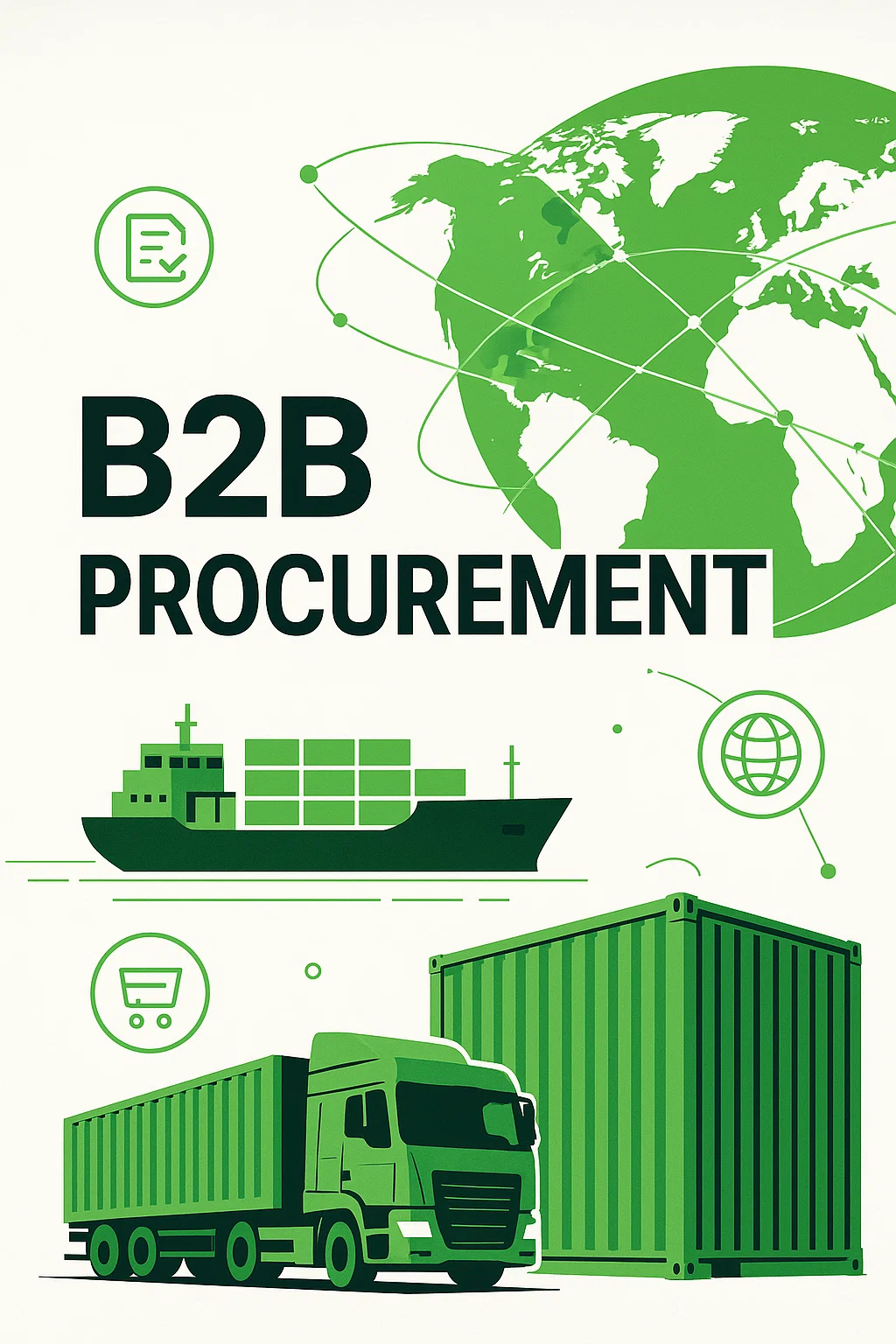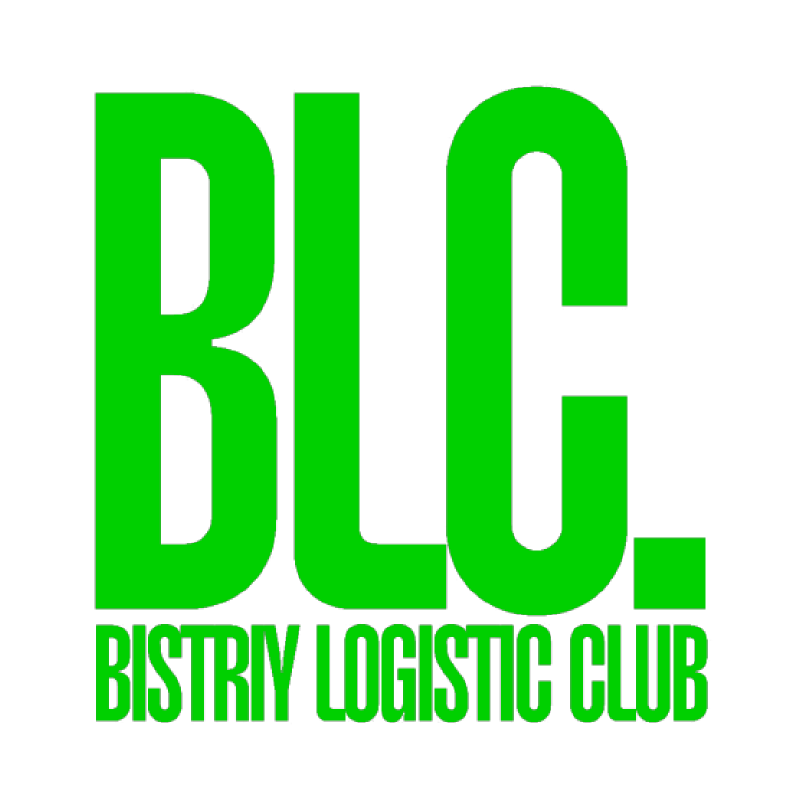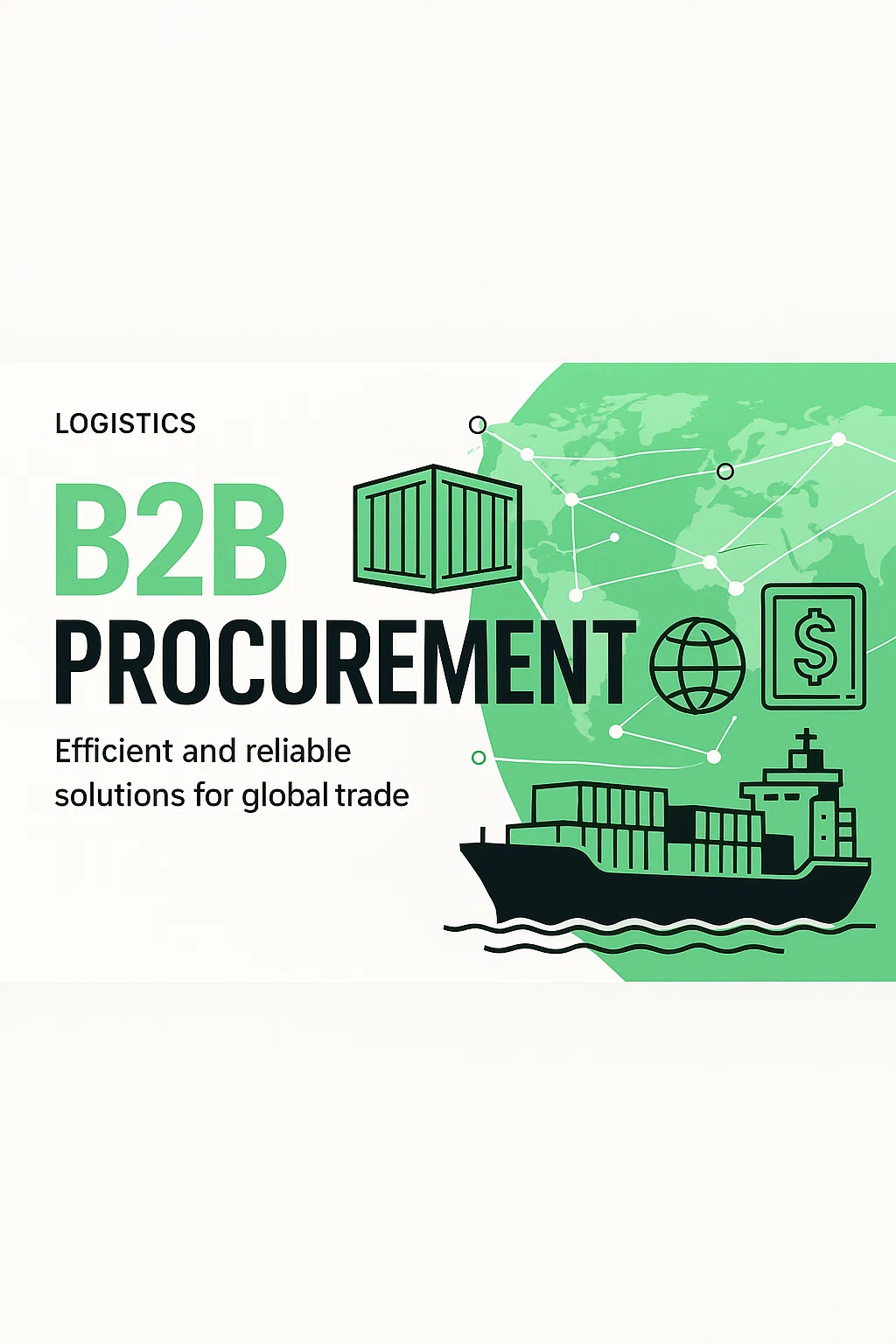The Digital Revolution Reshaping B2B Procurement Landscapes
The business-to-business procurement ecosystem is undergoing a dramatic transformation as we approach 2025. Digital procurement solutions are revolutionizing how organizations source, purchase, and manage their supply chains. This shift represents more than just a technological upgrade – it's a fundamental reimagining of procurement processes that promises to deliver unprecedented efficiency, transparency, and value.
As traditional paper-based systems and fragmented digital tools give way to integrated platforms, organizations are discovering new opportunities to streamline their operations and drive strategic value. The evolution from manual request for quotation (RFQ) processes to end-to-end digital procurement solutions marks a pivotal moment in business operations, setting the stage for more agile and resilient supply chains.
The Core Elements of Modern Digital Procurement
Integrated Source-to-Pay Platforms
At the heart of the digital procurement revolution lies the emergence of comprehensive source-to-pay platforms. These sophisticated systems unite previously disconnected processes into a seamless workflow, enabling procurement teams to manage everything from supplier discovery to payment processing within a single environment. The integration of artificial intelligence and machine learning capabilities further enhances these platforms, automating routine tasks and providing predictive analytics for better decision-making.
Modern digital procurement platforms are also incorporating advanced features such as smart contract management, real-time spend analytics, and automated compliance checking. This level of integration not only accelerates procurement cycles but also significantly reduces errors and improves spend visibility across the organization.
Real-Time Supplier Collaboration
The future of procurement hinges on enhanced supplier collaboration through digital channels. Advanced platforms now enable real-time communication, document sharing, and collaborative planning between buyers and suppliers. This immediate interaction capability has transformed traditional RFQ processes into dynamic, interactive exchanges that yield better outcomes for all parties involved.
Supplier portals within digital procurement systems are becoming increasingly sophisticated, offering features like self-service capabilities, performance dashboards, and automated onboarding processes. These tools strengthen supplier relationships while reducing administrative overhead for both buyers and sellers.
Emerging Technologies Driving Procurement Innovation
Blockchain for Enhanced Transparency
Blockchain technology is revolutionizing digital procurement by providing immutable records of transactions and supply chain events. This transparency ensures all parties have access to the same information, reducing disputes and streamlining reconciliation processes. Smart contracts built on blockchain platforms are automating complex procurement agreements, ensuring automatic execution when predefined conditions are met.
The implementation of blockchain in digital procurement also enables better tracking of sustainability credentials and ethical sourcing practices, addressing growing demands for corporate responsibility in supply chain management.
AI-Powered Procurement Intelligence
Artificial intelligence is transforming how procurement teams analyze data and make decisions. AI algorithms can process vast amounts of procurement data to identify spending patterns, predict supply chain disruptions, and recommend optimal sourcing strategies. These capabilities are particularly valuable in managing complex global supply networks and responding to market volatility.
Machine learning models are becoming increasingly sophisticated in their ability to analyze supplier performance, detect fraud, and optimize inventory levels. This intelligence layer adds significant value to digital procurement systems by enabling more strategic and data-driven decision-making.
Strategic Benefits of Digital Procurement Transformation
Cost Optimization and Efficiency Gains
The adoption of comprehensive digital procurement solutions delivers substantial cost savings through multiple channels. Process automation reduces manual labor costs while minimizing errors that could lead to expensive corrections. Strategic sourcing enabled by advanced analytics helps organizations identify the most cost-effective suppliers and opportunities for consolidation.
Beyond direct cost savings, digital procurement platforms improve working capital management through better payment term optimization and early payment discount capture. The reduction in procurement cycle times also contributes to improved operational efficiency and reduced carrying costs.
Risk Management and Compliance
Digital procurement systems provide robust risk management capabilities through enhanced visibility and control over the entire procurement process. Advanced analytics help organizations identify potential supply chain risks before they materialize, while automated compliance checking ensures adherence to internal policies and external regulations.

The ability to maintain detailed audit trails and documentation within the digital procurement platform simplifies regulatory compliance and internal governance. This becomes increasingly important as global supply chains face growing scrutiny and regulatory requirements.
Implementation Strategies for Digital Procurement Success
Change Management and Training
Successful digital procurement transformation requires a comprehensive change management strategy. Organizations must invest in training programs to ensure procurement teams and stakeholders can effectively utilize new digital tools and processes. This includes developing new skills in data analysis, digital collaboration, and strategic sourcing.
Creating a culture of digital adoption is crucial for maximizing the benefits of procurement transformation. This involves clear communication of benefits, early stakeholder engagement, and continuous support throughout the implementation process.
Phased Implementation Approach
Organizations achieving the most success with digital procurement typically adopt a phased implementation strategy. This approach allows for careful testing and refinement of processes while maintaining business continuity. Starting with core functionalities and gradually expanding to more advanced features helps ensure sustainable adoption and value realization.
Regular assessment of implementation progress and outcomes enables organizations to adjust their approach based on actual results and changing business needs. This flexibility is essential for maintaining momentum and achieving long-term transformation goals.
Frequently Asked Questions
How does digital procurement improve supplier relationships?
Digital procurement platforms enhance supplier relationships through improved communication channels, transparent processes, and collaborative tools. Real-time information sharing, automated payment processing, and clear performance metrics create a more positive and productive partnership between buyers and suppliers.
What are the key security considerations in digital procurement?
Security in digital procurement requires robust data encryption, secure access controls, and regular security audits. Organizations must ensure compliance with data protection regulations and implement measures to protect sensitive procurement information from cyber threats.
How long does it typically take to implement a digital procurement solution?
Implementation timelines vary depending on organization size and complexity, but typically range from 6-18 months for a full deployment. A phased approach can enable organizations to begin realizing benefits within 3-6 months while gradually expanding functionality.
Table of Contents
- The Digital Revolution Reshaping B2B Procurement Landscapes
- The Core Elements of Modern Digital Procurement
- Emerging Technologies Driving Procurement Innovation
- Strategic Benefits of Digital Procurement Transformation
- Implementation Strategies for Digital Procurement Success
- Frequently Asked Questions


